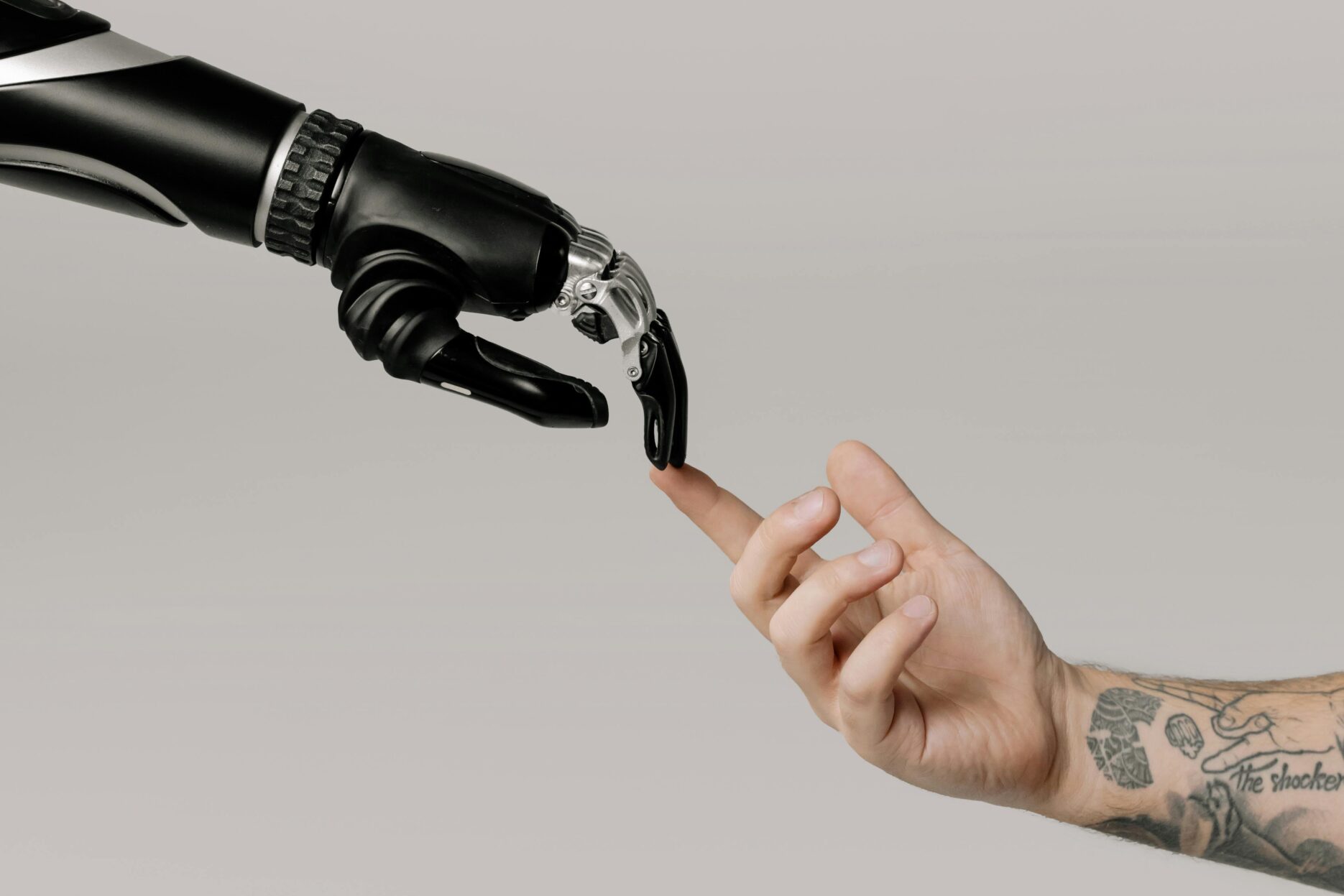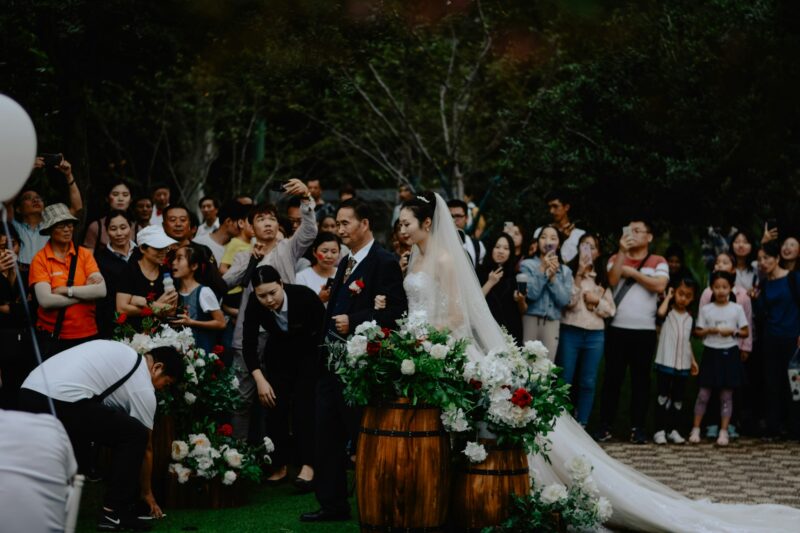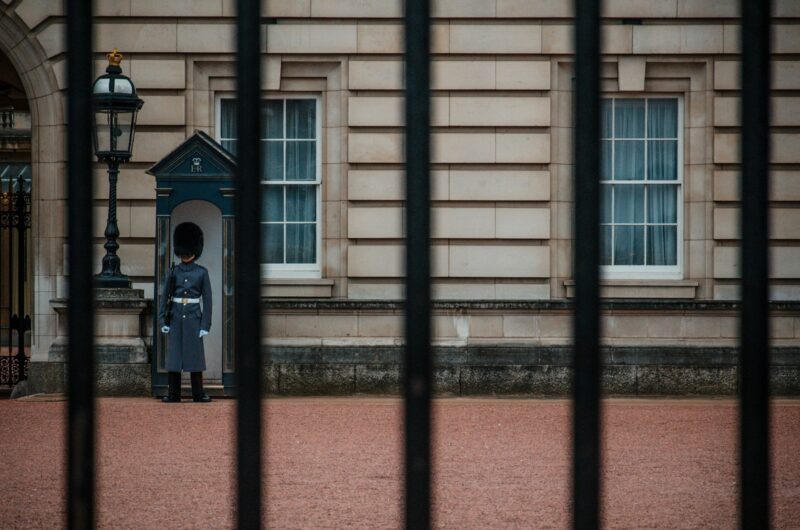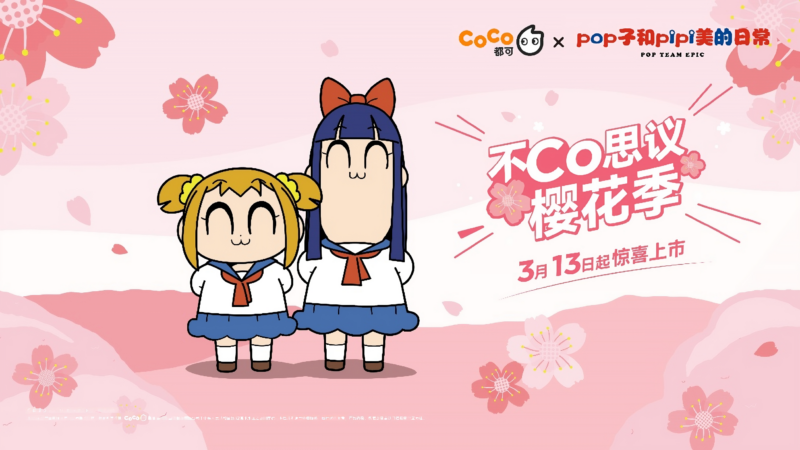Over a decade ago, in the episode “Be Right Back”, the science fiction series Black Mirror showed a cautionary tale about using artificial intelligence and androids to bring back loved ones. As the advancement of technology and business has never been daunted by speculative fiction, the latest AI technology brings hope of recreating loved ones through virtual form.
In late February, it was revealed that renowned musician from Taiwan, Tino Bao (包小柏) had created a digital version of his late daughter, who in 2021 succumbed to a rare disease at the age of 22. With the help of Xiaoice, Microsoft Asia’s AI branch based in China, Bao was able to recreate his daughter Bao Rong as a hype-realistic virtual assistant. Tino Bao, his family and the team meticulously pieced together pictures, audio-visual recordings, and narrated memories of Rong. After thousands of trials and errors, they presented the life-like digital human doppelganger who speaks in an uncanny American-born-Taiwanese accent Rong spoke in in both Mandarin and English. Bao has subsequently launched a company to bring the technological miracle to other families experiencing such loss.
While the well-made virtual assistant provided gravely needed solace to the grieving family, Xiaoice CEO Li Di is concerned the success might have opened a “Pandora’s box”. Ethics and infringement of privacy are among Li’s main worries as the company only takes on requests by the family of the deceased. However, with the case of Bao Rong out in the open, inevitably AI resurrection has become a business. On online marketplaces such as Taobao, such services are now available from as low as 5 RMB (0.69 USD) a pop, and as high as 50,000 RMB (6,945.12 USD) or more. From simple “talking pictures” that sound nothing like the loved ones to deepfake videos of actors speaking with the face of the deceased, the lower end of the market is more “artificial” than “intelligent”. However, the upper spectrum of the market does have genuine AI-powered virtual humans similar to Xiaoice’s.
Although the technology is still in its infancy, AI resurrection can undeniably provide comfort to bereaved families with the cherished memory of their loved ones. However, without legal and moral oversight, it can quickly become a playground for fraudsters. Deepfake or AI-trained virtual humans have been reported to be impersonating living people and scamming a company through videocall in Hong Kong. Another worrying sign is that social media is now flooded with resurrected deceased celebrities without the approval of their family or estates. The legal and ethical implications of such services is complex and in need of urgent review.









